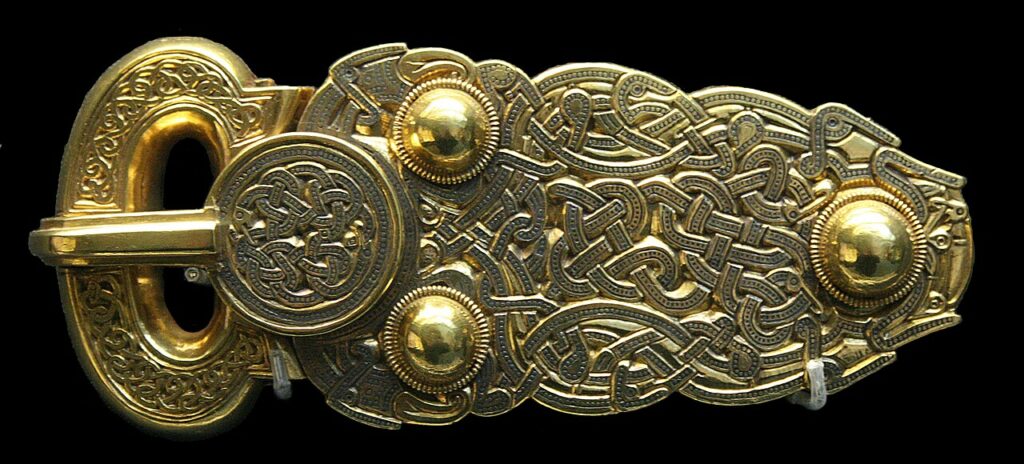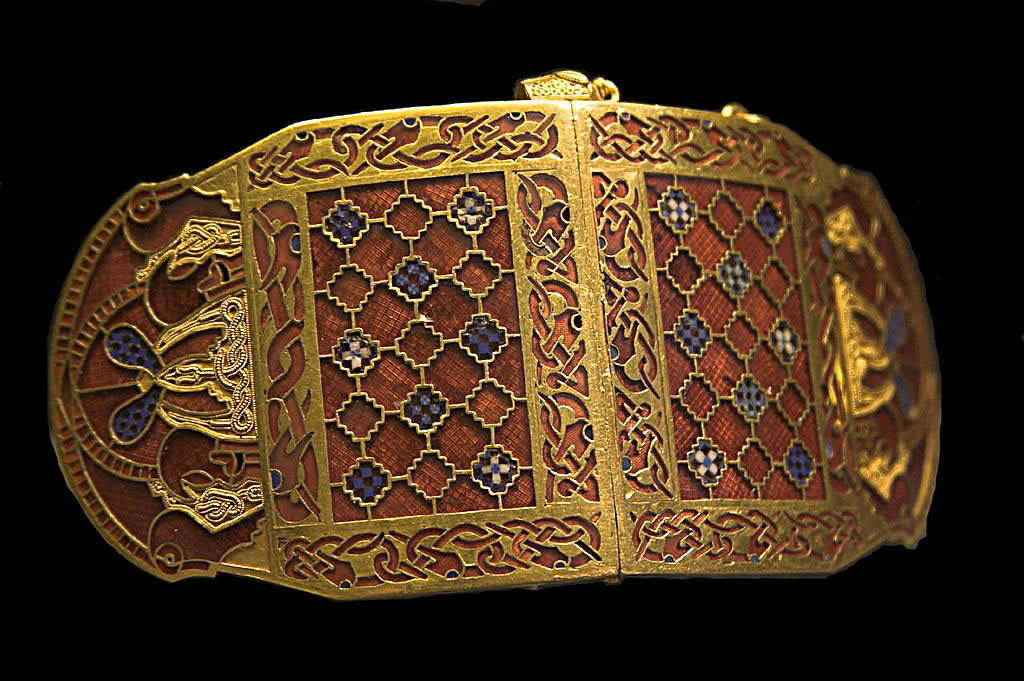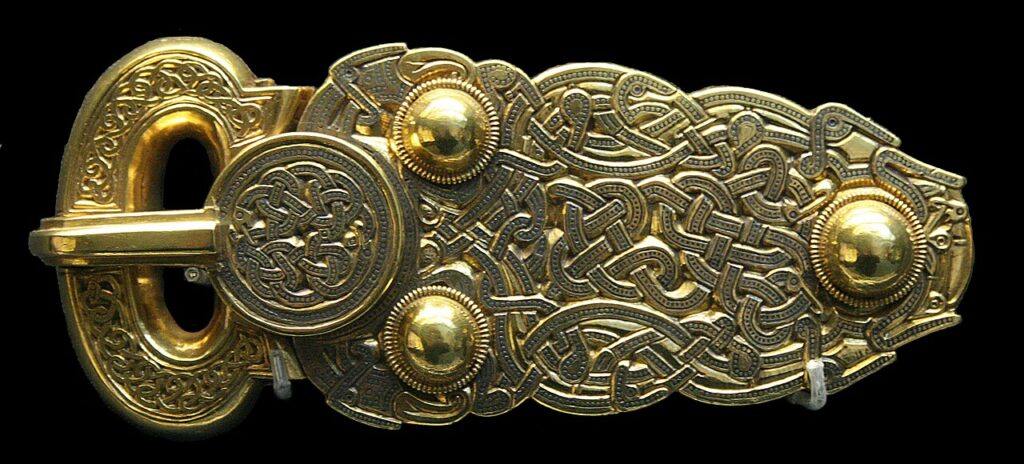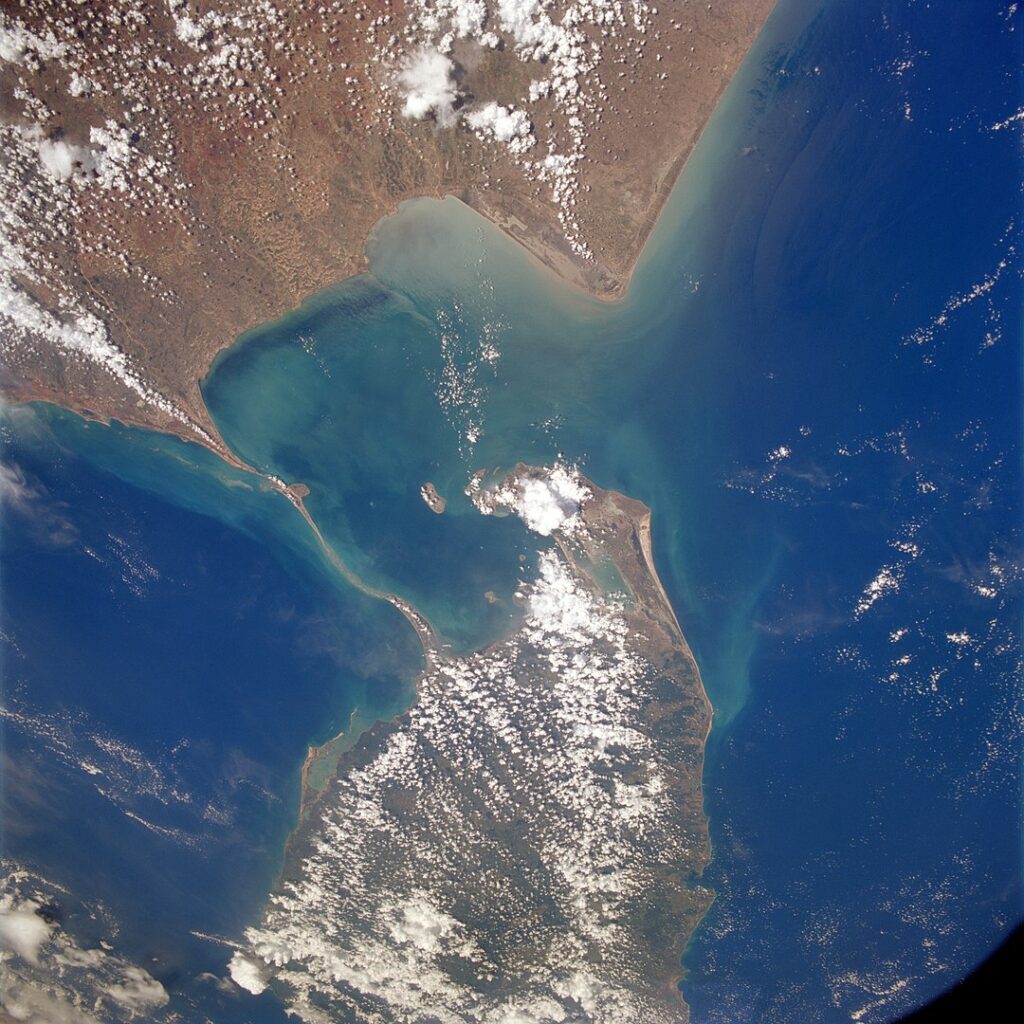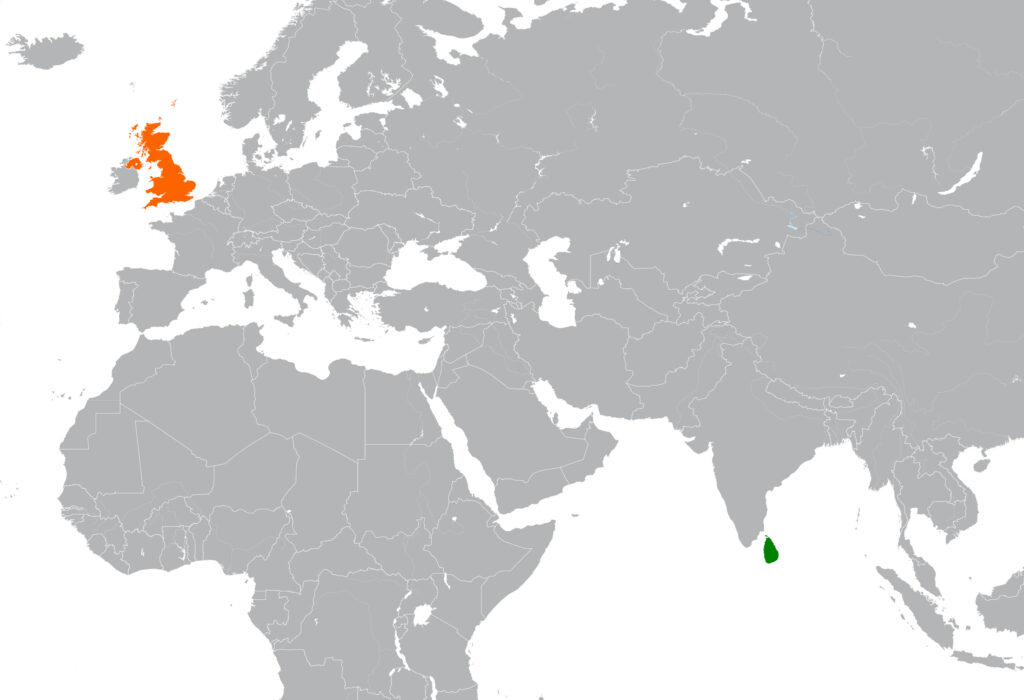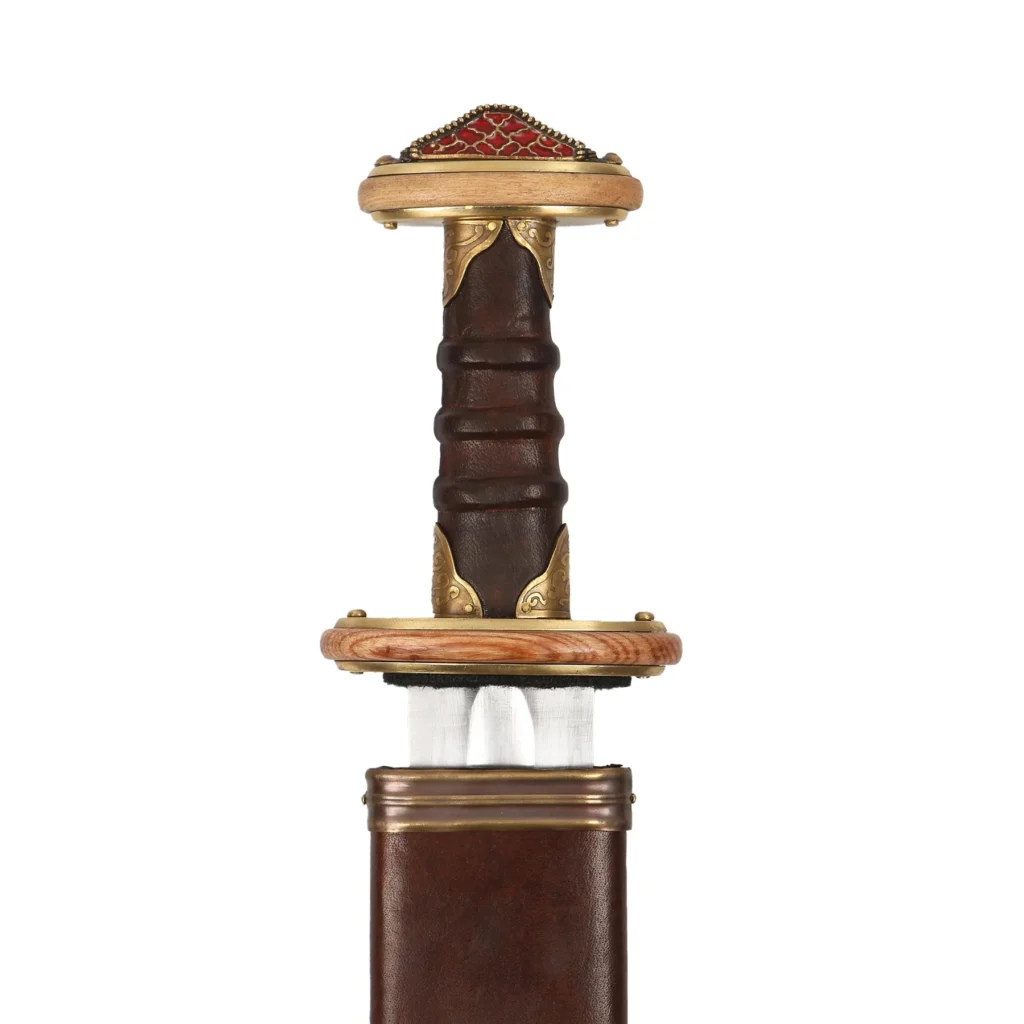
For our ancestors living in an uncertain world, a world in which death might strike at any point, life was precious and never dull. But even so, the winter evenings were long, and dark. Writing this just after the winter solstice, the sun has set by 4 p.m. Two thirds of each day is dark. I sit in a pool of artificial light – the light sustained by an incredibly complex series of interlocking systems – and defy the night.
But without artificial light, winter nights were long indeed. The fire grumbled in the hearth, maintained throughout the winter months, banked through the night and fed into new life in the morning. To fill the dim months, tasks that might be done as much by feel as sight – tablet weaving, carving, sharpening, splicing, the thousand and more tasks necessary to sustain life when almost everything had to be made locally. And as accompaniment to these tasks, there were stories and songs.
We are a visual culture, drowning in pictures and images.
Our ancestors were aural, drunk on words and sounds. And stories.

